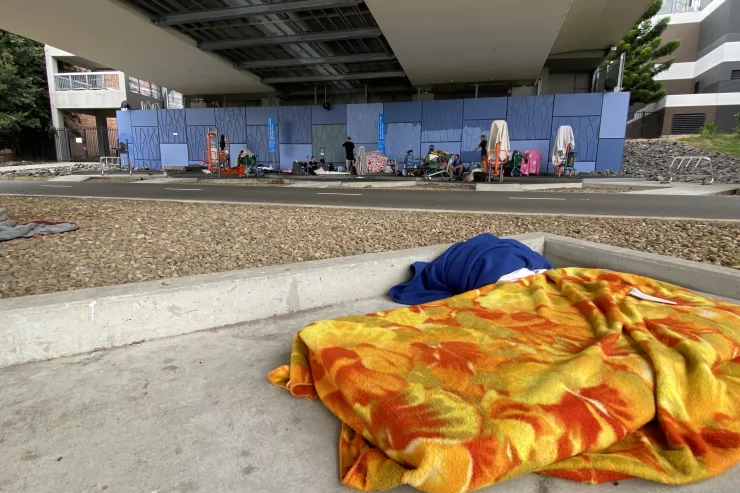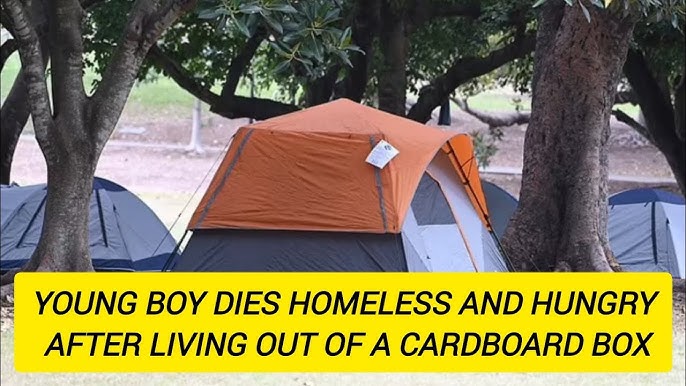A heartbreaking report has revealed that a child died on the streets of Queensland, living out of a cardboard box with no food, clean clothes, or a safe place to sleep.
This tragic incident is just one of 70 child deaths highlighted in the Queensland Child Death Review Board’s 2023-24 annual report, which exposes a residential care system that has “forgotten how to care”.
A Life of Neglect and Abuse
The child, who entered care in early adolescence after their sole parent’s death, had been exposed to domestic violence and abuse.
With no stable home or supportive system, the child spent hours unsupervised each day, often returning to their short-term residential placement in the early hours of the morning under the influence of substances.

Before their death, the child had been moved between four different primary placements, spent 12 nights in a watchhouse, and another nine in youth detention.
Exploited and Forgotten
The report reveals that adults would often exploit the child, providing them with drugs in exchange for undertaking criminal acts.
This is a disturbing example of how the system failed to provide the child with the care and protection they needed.
As Child Death Review Board chair Luke Twyford says, “What we’re seeing is children moving from place to place and being lost into a system that has forgotten how to care.”
A System in Crisis
The report highlights that residential care is often unable to meet the needs of children for “connection, love, safety, and stability”.
With 1763 children in residential care across Queensland, a significant increase from 951 in June 2019, it’s clear that the system is in crisis.
The report makes nine recommendations, including a call for mental health support for all children in care and a greater focus on prevention services to identify why children enter the child protection system.
A Call forChange
Twyford is urging the state government to take action, saying, “We are paying people to create documents and plans and safety assessments, but no one is clearly performing a loving and caring parental role, and that has to change.”
The report’s findings are a stark reminder that the current system is failing our most vulnerable children. It’s time for a change, and it’s time to put the needs of these children first.

